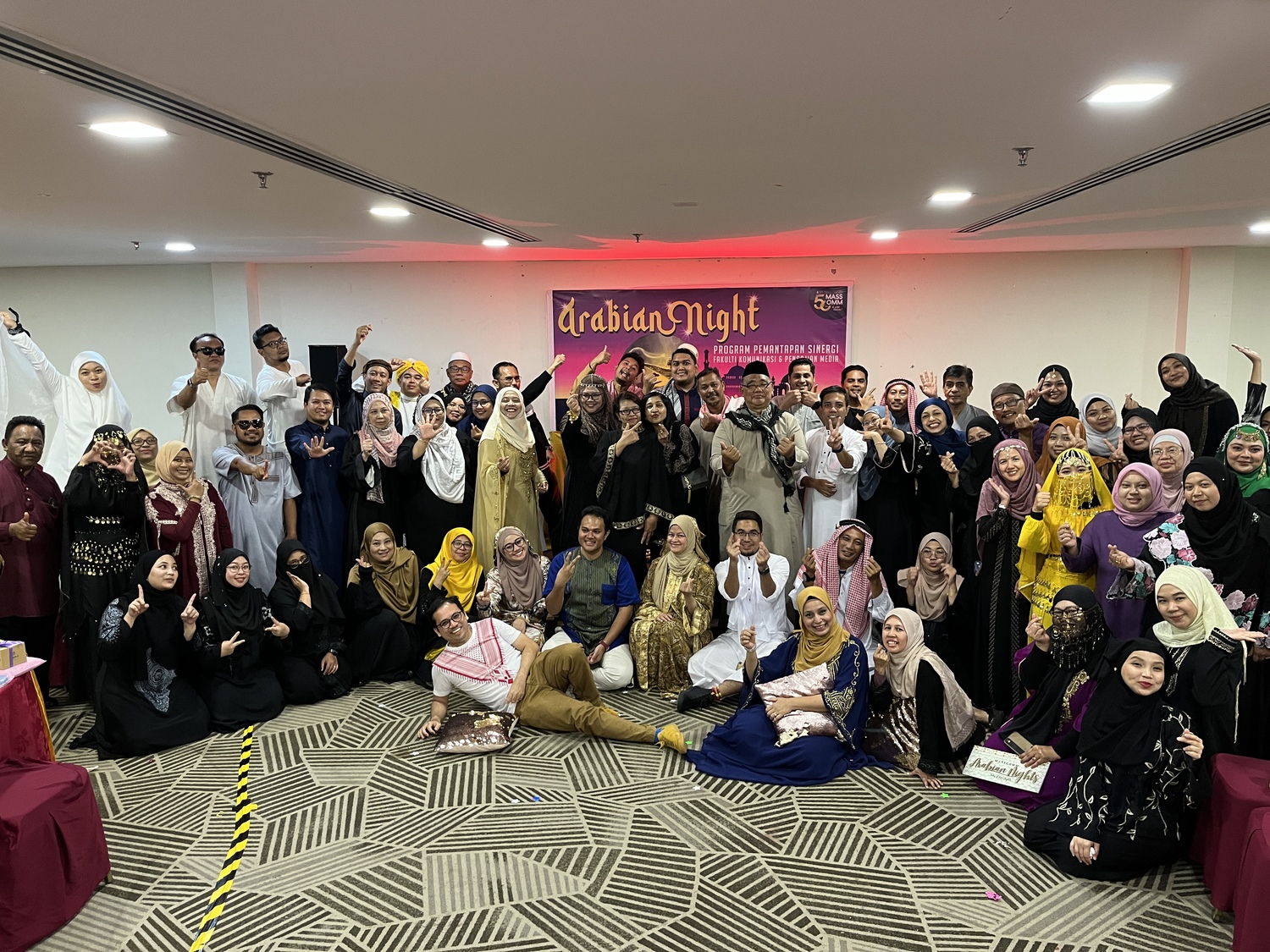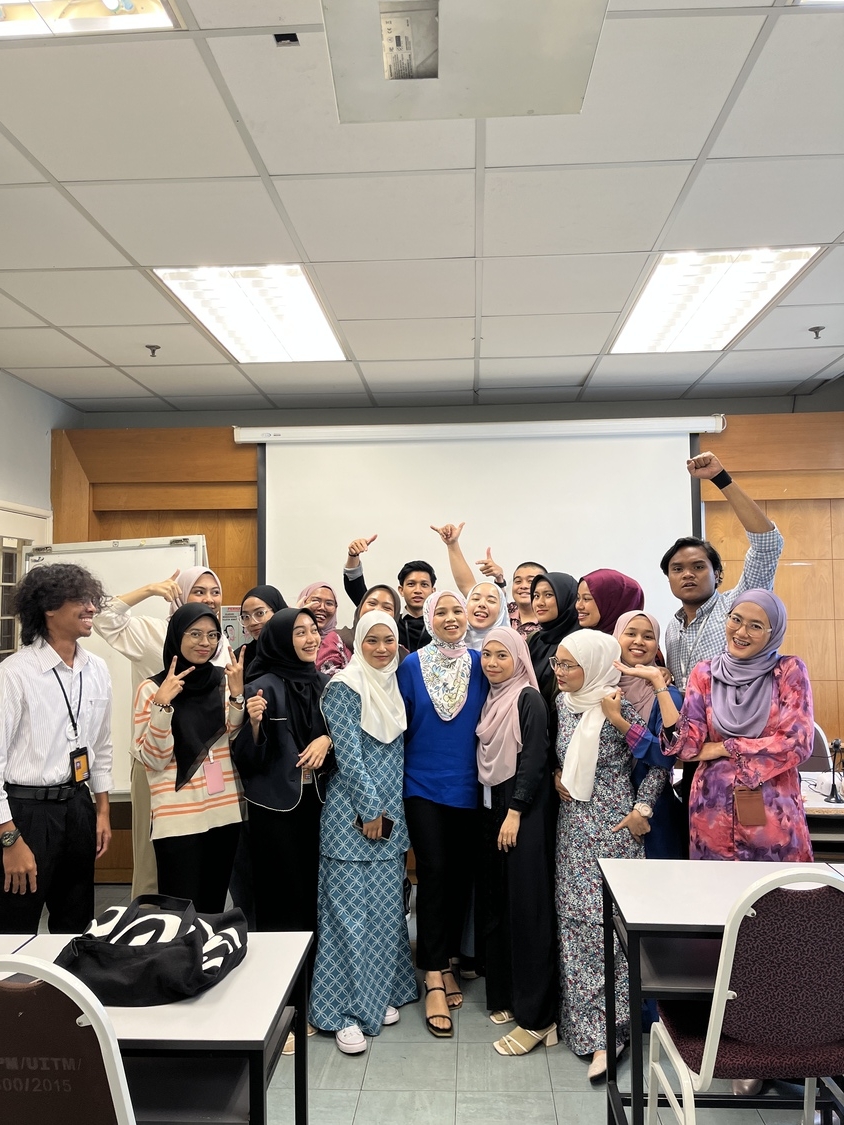
In the fast-paced world of academia, where information is king, a silent plague goes unnoticed: presenteeism. We’ve all heard about absenteeism, but what about the inverse? Presenteeism is the phenomena in which employees, in this case academics, come to work despite being sick or emotionally distraught. In this post, we’ll go deep into the world of academic presenteeism, investigating its causes, effects, and potential solutions.
Presenteeism related exposures differ by sector and are common among staff working in jobs with extensive interpersonal interaction. Previous study of presenteeism has been highlighted more on healthcare sector compared to other sector. However, the highest presenteeism levels have been found in the education sectors because this work involves helping, teaching and providing service to others and workers are more disposed to work when sick in order to meet some of the fundamental needs of other people. Without no doubt, a university’s most important asset is its academic manpower. Academics play a vital role in determining the success of the vision and mission of a university.

The pressure to publish, acquire money, and supervise students can be overpowering in the competitive world of academia. This section investigates why academics feel compelled to be present even in the face of illness or exhaustion. Academics’ pursuit of perfection in research and teaching frequently causes them to disregard their own well-being. Fear of falling behind in the competition for funding and accolades can motivate them to work even when they should rest.
Therefore, academics’ mental health suffers as a result of constant stress, imposter syndrome, and the worry of job insecurity. Presenteeism exacerbates these problems, creating a vicious cycle that negatively impacts their general well-being.
Presenteeism has far-reaching ramifications for the quality of education, research, and the academic community as a whole, not just for academics personally. Academics’ research work suffers when they are not at their best. Mistakes are made, and innovative ideas are missed, affecting the advancement of knowledge in a variety of sectors. Not to mention, presenteeism affects the way academics engage with students. The lack of enthusiasm and energy can lead to uninspiring lectures, diminishing the overall learning experience.

Acknowledging the issue is the first step towards finding a solution. In this section, there are strategies to help academics break free from the chain of presenteeism. It is critical to create an environment in which academics feel respected, supported, and encouraged to prioritise their well-being. Institutions can be critical in creating such an environment. Other than that, encouraging academics to maintain a healthy work-life balance is essential. This includes realistic workload expectations, flexible schedules, and promoting hobbies and personal time.
Addressing presenteeism among academics is the duty of institutions as well as the academic community as a whole. We can break the cycle of presenteeism and build a more vibrant and healthy academic landscape by recognising the problem, providing support, and encouraging a healthier work environment.
